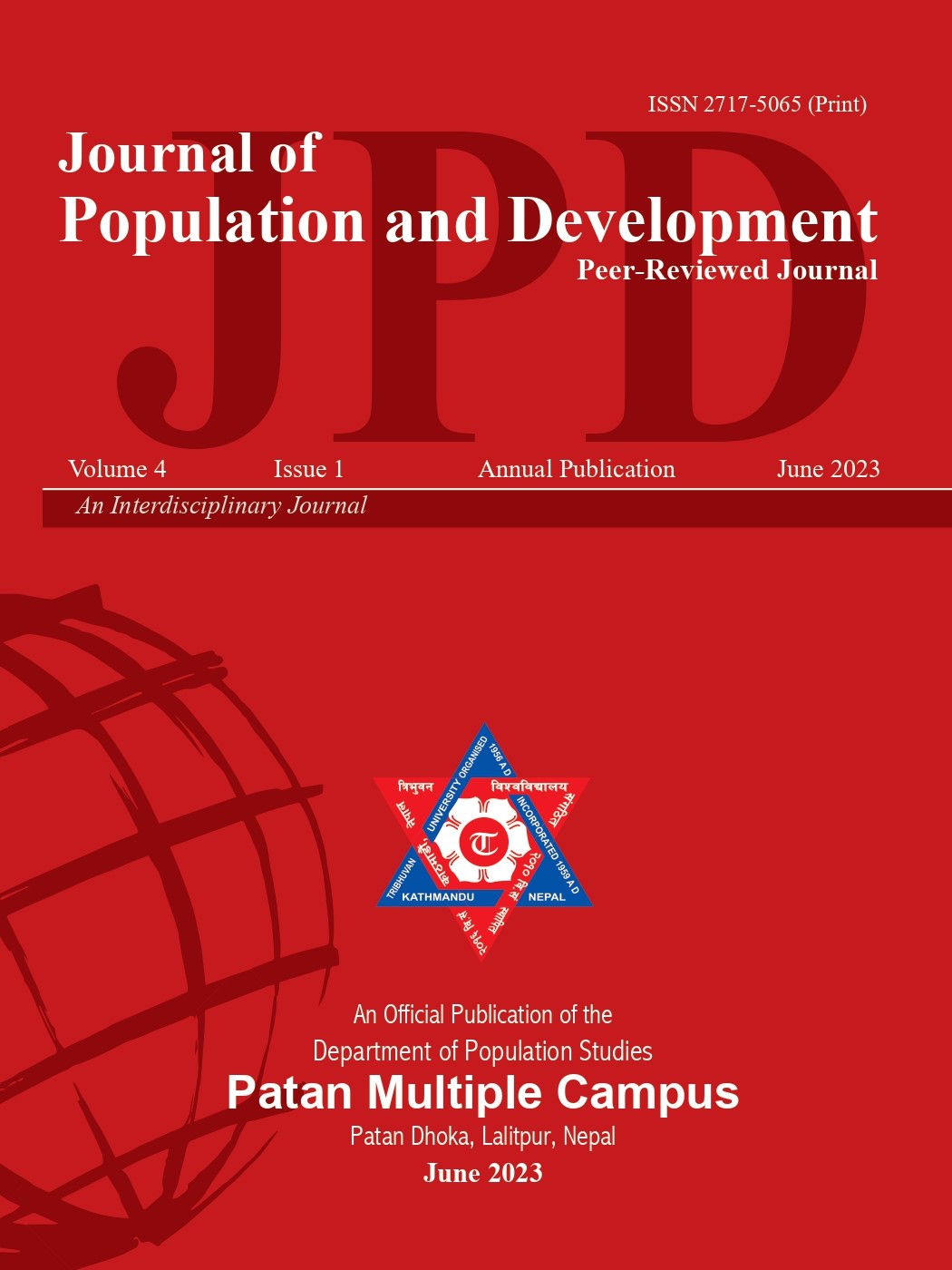An Assessment of Neoliberal Policy in Higher Education in Nepal: Political Economy Perspective
DOI:
https://doi.org/10.3126/jpd.v4i1.64234Keywords:
Neoliberalism, SDGs, NOC, policy prescription, Washington ConsensusAbstract
Nepal has adopted neo-liberal policy framework in education sector since 1997, just seven years of journey of free-market economic policy. The capitalist economy was modified by Washington Consensus which was based on financial instruments. Later, major policy framework adopted by Nepal is SDGs, which prescribed by neoliberalism, is more equitable, productive; environment friendly, inclusive and people empower friendly. The research question is whether WB funded educational reform project yields positive impact in socio-economic sector in Nepal. The objective of the study is to assess the overall impact of neoliberalist policy framework adopted in higher education in Nepal and to forward policy prescription.The secondary data has been gathered between the periods 1997-2020 and analysed descriptively. Post positivism research paradigm is adopted. Explanatory research design approach has been used and data is analysed descriptively. The validity and reliability issue of the study is addressed with sufficient data and appropriate data analysis techniques. The conclusion: the existing neoliberal policy framework needs to revaluate since its delivery measured in terms of inequality, unemployment, poverty, NOC, and capital flight for higher education in foreign university shows poor performance.
Downloads
Downloads
Published
How to Cite
Issue
Section
License
© Department of Population Studies, Patan Multiple Campus

